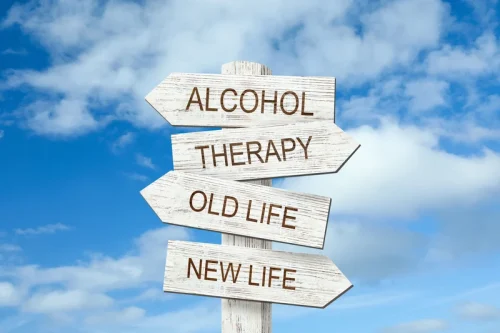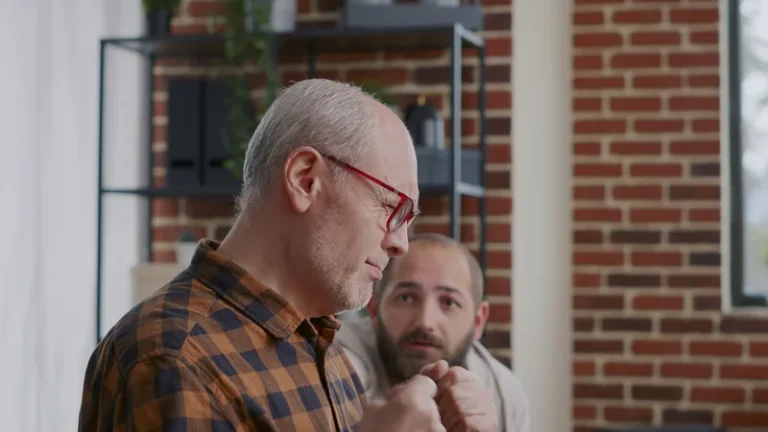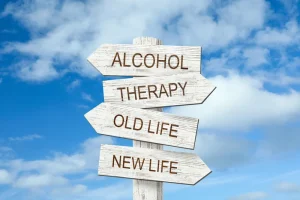Hallucinogen Persisting Perception Disorder HPPD

The psychedelic trip is likely caused by the way psychotropic compounds bind with 5-HT2A serotonin receptors. However, more research is needed to understand exactly how hallucinogens work. A doctor can help provide advice on managing HPPD symptoms and may prescribe a course of drug therapy to help.
Hallucinogen Persisting Perception Disorder: Signs, Causes, And How To Treat

In cases where distress is not reported, an alternative label can be used, such as post-drug perceptual changes (PDPCs) or post-psychedelic perceptual changes (PPPCs). Talk therapy is also recommended, especially when HPPD is co-morbid with anxiety and depression. Therapy, especially cognitive behavioural therapy (CBT), can help patients reduce the anxiety that can make HPPD symptoms worse, redirect their attention, and improve their mood. Alleviation of symptoms for patients with HPPD has been reported with pre-synaptic α2 adrenergic agonists, such as clonidine2. Benzodiazapines may also be used to eliminate HPPD I and significantly reduce the severeity of HPPD II11182122.
A New White Paper Lays Out How To Incorporate Psychedelic Therapies into the Mainstream Health System
These are those who report the onset of HPPD symptoms after 1-3 trips, the next group after 5-10, and the final group after 50+. They may then be more significant according to certain triggers, such as sleep deprivation or the use of drugs such as caffeine and cannabis. In other cases, HPPD symptoms can take effect in sudden episodes.
Recreational Use Of Psychedelics
They can also ensure that the HPPD vision symptoms don’t put the person’s safety at risk. It is believed to be a rare side effect of hallucinogen use. The most effective treatment for HPPD remains unknown, but medications and therapy have helped some people cope with symptoms. These symptoms may occur immediately after hallucinogen use and persist continuously. Or they may develop more than a year after hallucinogen use, fade and recur over time. In general, alcohol and other drugs can hppd symptoms worsen symptoms of HPPD.
General Health
- Flashbacks may be triggered by an event or experience, or they may occur spontaneously.
- In other words, during these flashbacks, all of your sensory information tells you that you’re reliving the event or trip, even if you’re not.
- In very rare cases, people have had HPPD without ever having taken a hallucinogenic drug.
- This hypothesis says that strong memories could be more easily accessed with psychedelic drug use and mistaken as flashbacks.
HPPD does not cause people to have full hallucinations or delusions. Worrying about having an HPPD episode could actually make you more likely to experience one.

Explore Psychedelic Therapy Regions

Therapy such as cognitive behavioral therapy can help manage symptoms and improve coping strategies. It’s important to work closely with healthcare providers to find the right combination of treatments for individual needs. Additionally, using hallucinogens in combination with other substances or in unsafe environments can also increase the likelihood of developing HPPD.
Studies estimate that roughly 4% of people who have used psychedelics experience HPPD. One review of case studies and case series found that 76% of those with HPPD also experience micropsia or macropsia or “Alice in Wonderland” syndrome. The syndrome causes people to feel as if their body changes in size. Still, there are some visual symptoms many people with HPPD have in common. HPPD refers to when someone reexperiences visual and emotional sensations that can surface with psychedelic use after a substance is out of your system. You might still see visual oddities long after the effects of psychedelics wear off.

Likewise, bright lights in an otherwise dark environment may generate trails and halos. Most people don’t notice these effects, because they are so used to them. A person fearful of having acquired HPPD may be much more conscious about any visual disturbance, including those that are normal. In addition, visual problems can be caused by brain infections or lesions, epilepsy, and a number of mental disorders (e.g., anxiety, delirium, dementia, schizophrenia, Parkinson’s disease).
What precautions should be taken for hallucinogen persisting perception disorder?
A 2011 survey of 2,445 psychedelic users on Erowid found that up to three-fifths of users reported lingering changes. However, changes were only permanent Alcohol Use Disorder in 25% users and distressing in 4.2%. Following episodes, loved ones can help simply by being willing to listen. Talking about the experiences can help a person with HPPD process their own feelings and may reduce anxiety and stress about having the condition. They believe hallucinogens may inhibit systems in the brain that constantly filter signals that affect our perception.